
Handling the financial operations of a business isn't just about numbersit's about strategy, foresight, and adaptability. As companies expand across borders and scale operations, one concept continues to gain attention offshore accounting. But is it a smart move for your organization, or are the risks too significant to ignore?
This comprehensive guide dives into what offshore accounting entails and evaluates whether it's aligned with your business needs.
By the end of this article, you’ll have clarity on whether this model could help you boost productivity, reduce costs, and streamline financial management or if it's a path better left unexplored.
1. What is Offshore Accounting?
Offshore accounting refers to outsourcing financial tasks such as bookkeeping, payroll, tax compliance, and auditing to professionals in foreign countries, often where operational costs are significantly lower.
It’s not about cutting corners. Many firms turn to offshore accounting to access experienced talent, scale operations, and shift focus from time-consuming back-office tasks to core business functions. Typically, this setup involves long-term partnerships with accounting firms in countries like India, the Philippines, or Eastern Europe.
2. Why Are Businesses Turning to Offshore Accounting?
The shift toward offshore accounting is not just about cost savings although that’s a big driver. It also provides access to a global talent pool and scalable solutions, especially for small and mid-sized businesses trying to stay competitive.
Key reasons businesses adopt offshore accounting:
Cost Efficiency: Lower labor costs in offshore locations reduce overall accounting expenses.
24/7 Operations: Time zone differences can be leveraged for faster turnaround and continuous workflow.
Access to Expertise: Offshore firms often employ highly qualified accountants with international certifications.
Scalability: Businesses can scale their accounting functions up or down quickly, depending on demand.
These advantages make offshore accounting an appealing option, particularly in fast-growing industries or sectors that require frequent financial reporting and compliance updates.
3. Is Your Business Financially Ready for Offshore Accounting?
Before jumping into offshore partnerships, it’s critical to assess whether your internal systems can support the transition. If your organization struggles with fragmented processes or outdated software, offshore accounting might create more confusion than clarity.
Indicators that you're ready:
Your team is overwhelmed with routine financial tasks.
You're already using cloud-based accounting tools.
Data security protocols are in place and regularly audited.
You have a stable internet connection and IT infrastructure.
You can clearly document workflows and financial procedures.
Without a solid foundation, the benefits of offshore accounting can be diminished by poor coordination and miscommunication.
4. How Offshore Accounting Enhances Operational Efficiency
Offshore accounting can significantly improve your operational workflow. When repetitive, manual tasks are handled externally, your in-house team can redirect efforts toward strategic initiatives.
Some real-world impacts include:
Reduced turnaround time for reports.
Improved accuracy with automated data entry and checks.
Faster financial close cycles.
Consistent compliance with global and local regulations.
While some might view offshore accounting as a risky move, businesses that implement it well often see dramatic improvements in productivity and decision-making speed.
5. Compliance, Risk, and Security: What You Need to Know
When considering offshore accounting, risk management is non-negotiable. You're entrusting sensitive financial data to an external team potentially in a jurisdiction with different regulatory standards.
Key compliance areas to review:
Data privacy laws (GDPR, HIPAA, etc.)
Intellectual property protection
Contractual clauses covering liability and SLA breaches
Secure data transfer protocols (VPNs, encryption, etc.)
Many reputable offshore accounting firms are ISO-certified and invest heavily in cybersecurity infrastructure. However, due diligence is your responsibility. Vet partners rigorously, and always work with a legal team to formalize agreements.
6. Which Functions Can Be Offshored Safely?
Offshore accounting doesn’t mean handing over your entire financial operation. Start small, measure results, and scale once you’re confident.
Common functions outsourced:
Accounts payable and receivable
Bank reconciliations
Bookkeeping
Payroll processing
Financial reporting
Tax preparation and filing
Start with routine tasks that are easily documented and repeated. As trust and efficiency grow, expand to more strategic financial functions.
7. Challenges to Expect (And How to Overcome Them)
While offshore accounting offers many benefits, it’s not without its challenges. Cultural differences, communication gaps, and time zone mismatches can hinder performance if not managed correctly.
Proactive steps to manage challenges:
Implement structured communication protocols (weekly meetings, daily updates).
Use project management tools like Asana, Trello, or Slack.
Document SOPs in detail.
Provide ongoing training and feedback.
Successful offshore accounting hinges on building a real partnership, not just a vendor-client relationship. Make your offshore team feel like an extension of your in-house team.
8. Offshore Accounting vs. Local Outsourcing: Which is Better?
Choosing between offshore accounting and local outsourcing comes down to business priorities. Local firms offer proximity, easier legal recourse, and potentially faster onboarding. However, offshore teams usually provide better cost-efficiency and scalability.
When offshore accounting makes more sense:
You require round-the-clock support.
Your budget is limited but you need experienced professionals.
You have a digital-first business model with remote workflows.
If you’re heavily regulated or have complex local tax rules, local outsourcing may offer a safer starting point. But for standardized tasks and fast-growing businesses, offshore accounting often provides greater value.
9. How to Choose the Right Offshore Accounting Partner
Picking the right offshore provider is crucial. A poor match can cost more than it saves. Look beyond pricing and examine capabilities, technology, and cultural fit.
Checklist when choosing a partner:
Do they specialize in your industry?
What accounting software do they use?
Are their accountants certified (CPA, ACCA)?
Can they provide references or case studies?
How do they handle data security?
A transparent partner who communicates proactively and aligns with your values is more likely to deliver consistent, long-term success.
10. Final Thoughts: Is Offshore Accounting Right for You?
The decision to adopt offshore accounting should be based on a clear understanding of your business objectives, operational readiness, and long-term growth plans. For many organizations, the model presents a transformative opportunity to reduce costs, improve efficiency, and access global talent.
However, it’s not a one-size-fits-all solution. If your business operates in a highly regulated market or lacks the systems to manage remote teams effectively, it may be wise to strengthen your internal operations before going offshore.
In Summary
To recap, offshore accounting may be right for your business if:
You want to reduce overhead costs without sacrificing quality.
You’re looking to scale operations with flexible, global resources.
Your current finance team is overwhelmed or stretched thin.
You’re confident in managing remote collaboration and security protocols.
If this sounds like your business scenario, exploring offshore accounting services could be the next logical step. A carefully chosen partner can become a valuable extension of your team enhancing your agility, financial clarity, and bottom line.
For a deeper understanding, visit this blog post-: Outsource Accounting Without Losing Control: Here’s How It Actually Works



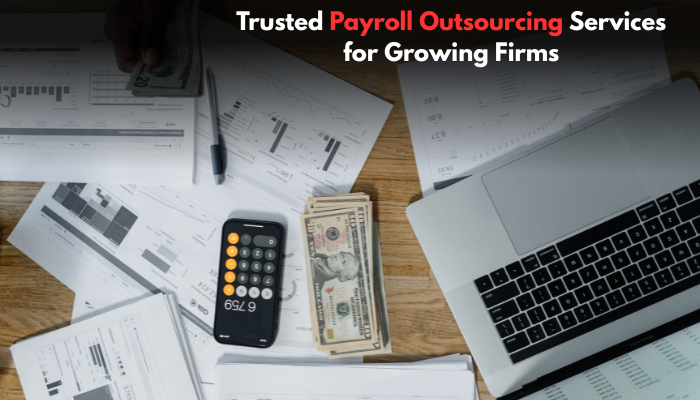


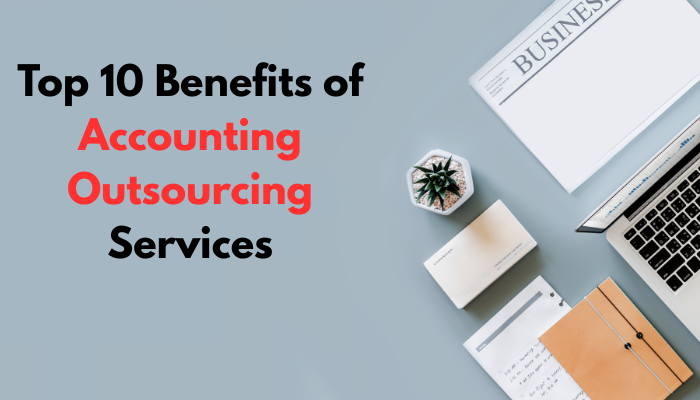
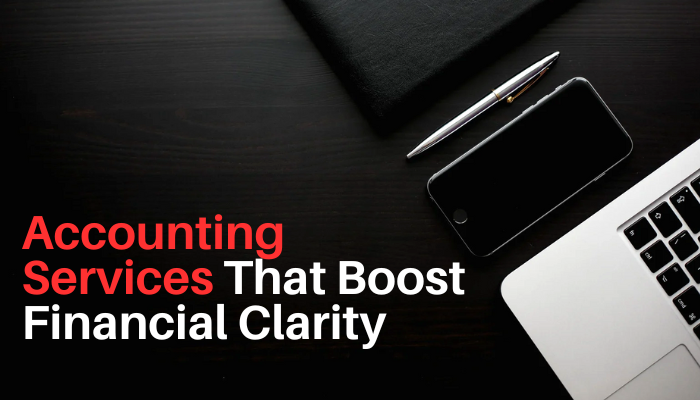

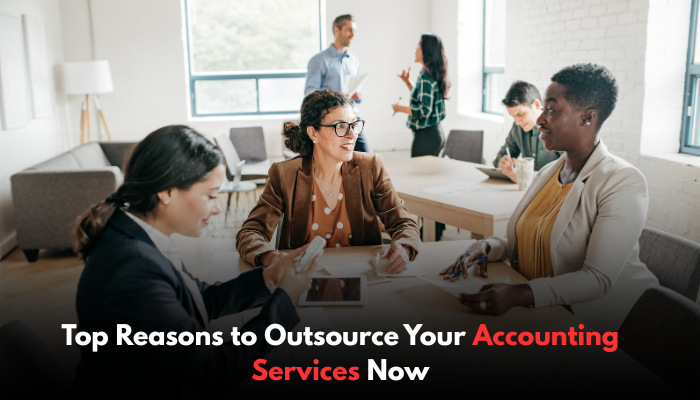



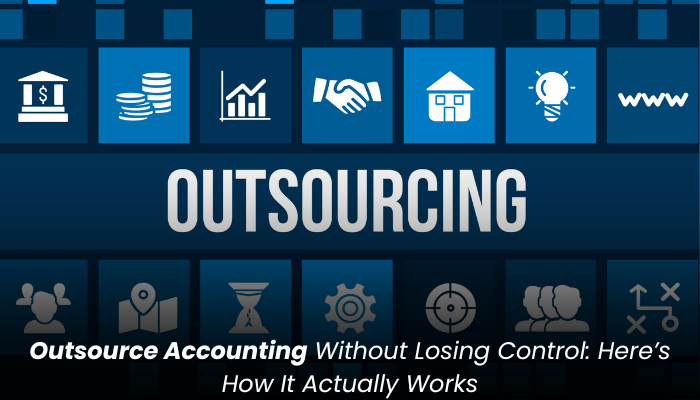
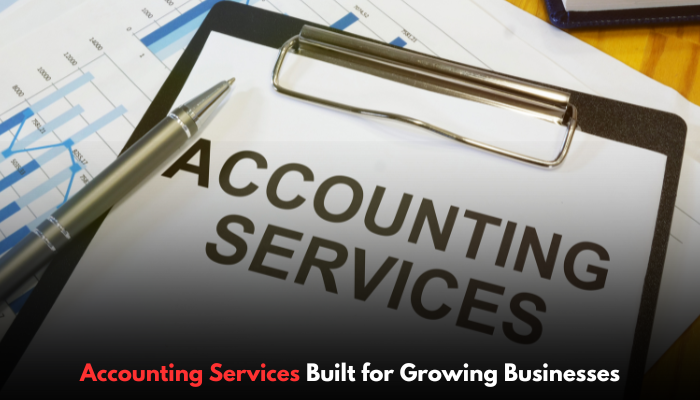


Write a comment ...